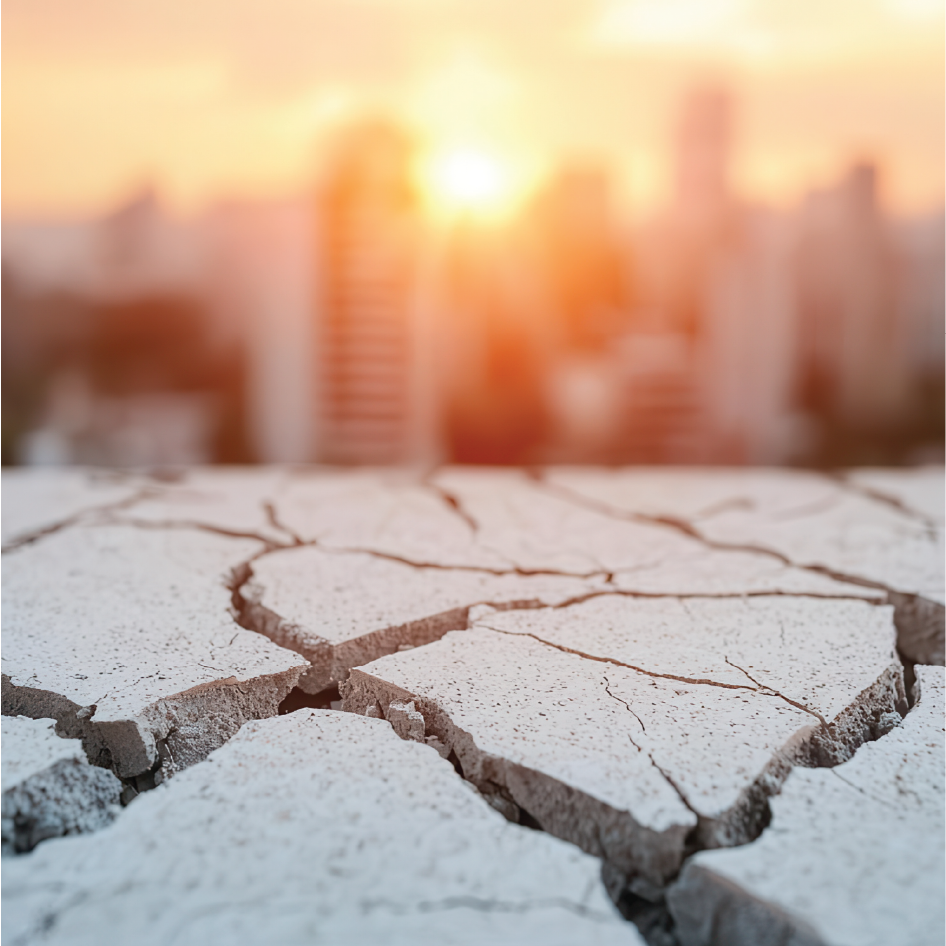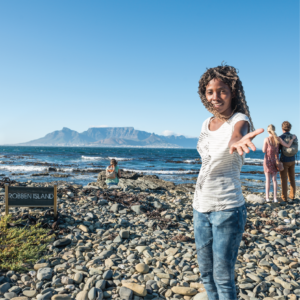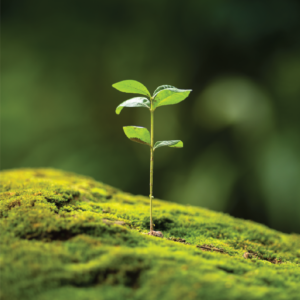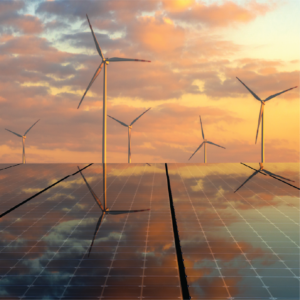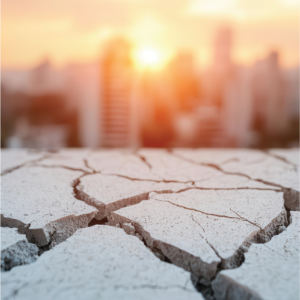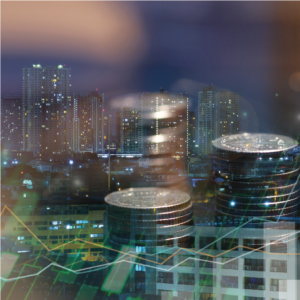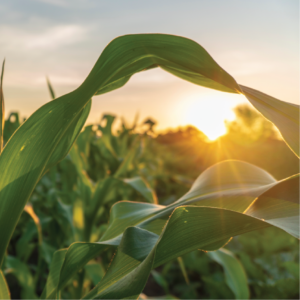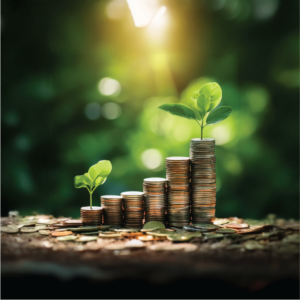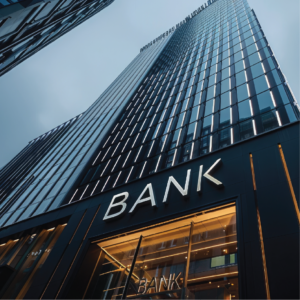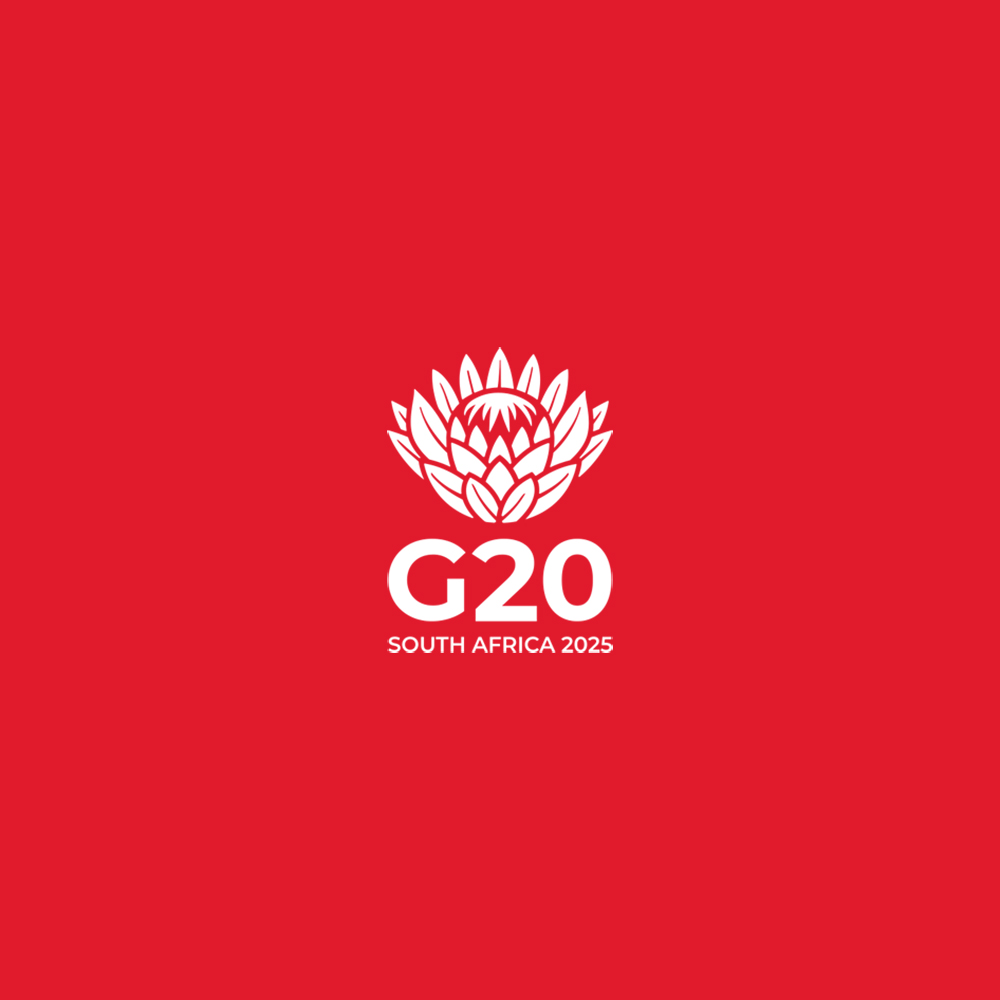Focus:
The Working Group (WG) on Disaster Risk Reduction (DRR) tackles critical global issues related to crisis and disaster management. It fulfils a pivotal role in fostering resilience, risk prevention and mitigation among its member countries. The WG was established by the G20 countries to address the imperative for proactive risk management and disaster reduction. Through this initiative, the G20 countries aim to implement comprehensive and collaborative strategies to safeguard the safety and well-being of their populations while concurrently fostering sustainable development and resilience in anticipation of future challenges. The priorities of the working group are in alignment with key international structures such as the Sendai Framework, the New Urban Agenda, the Paris Agreement, and the 2030 Agenda.
Priorities:
- Solidarity and Global Cooperation
- Addressing Inequalities and Reducing Vulnerabilities
- Global Coverage of Early Warning Systems (EWS)
- Disaster Resilient Infrastructure
- Financing for DRR
- Disaster Recovery, Rehabilitation and Reconstruction
- Ecosystems-Based Approached for DRR and Nature-Based Solutions (NbS)
Deliverables:
- Present South Africa’s experience on regional and international collaborations.
- Integration of disaster risk management with broader social policies to address root causes of vulnerability, such as poverty and social marginalisation, thereby reducing the disproportionate impact of disasters on disadvantaged communities.
- South Africa to present the progression of impact-based EWS and its implementation.
- Gap analysis case studies for the Early Warnings for All (EW4ALL) initiative from South Africa to be shared for analysis by other member states.
- The Coalition for Disaster Resilient Infrastructure (CDRI) to share some of the best practices on the compendium for resilient infrastructure.
- Mitigation and/or responsive infrastructure decisions to include the choices of financing technologies used in infrastructure investments, and those over regulatory practices and rules that should include building codes and land use controls.
- Financial institutions to present possible funding solutions and alternatives to leverage resources, expertise and innovation for DRR.
- South Africa to share its experiences and/or approaches to Eco DRR to a changing climate and/or NbS.


